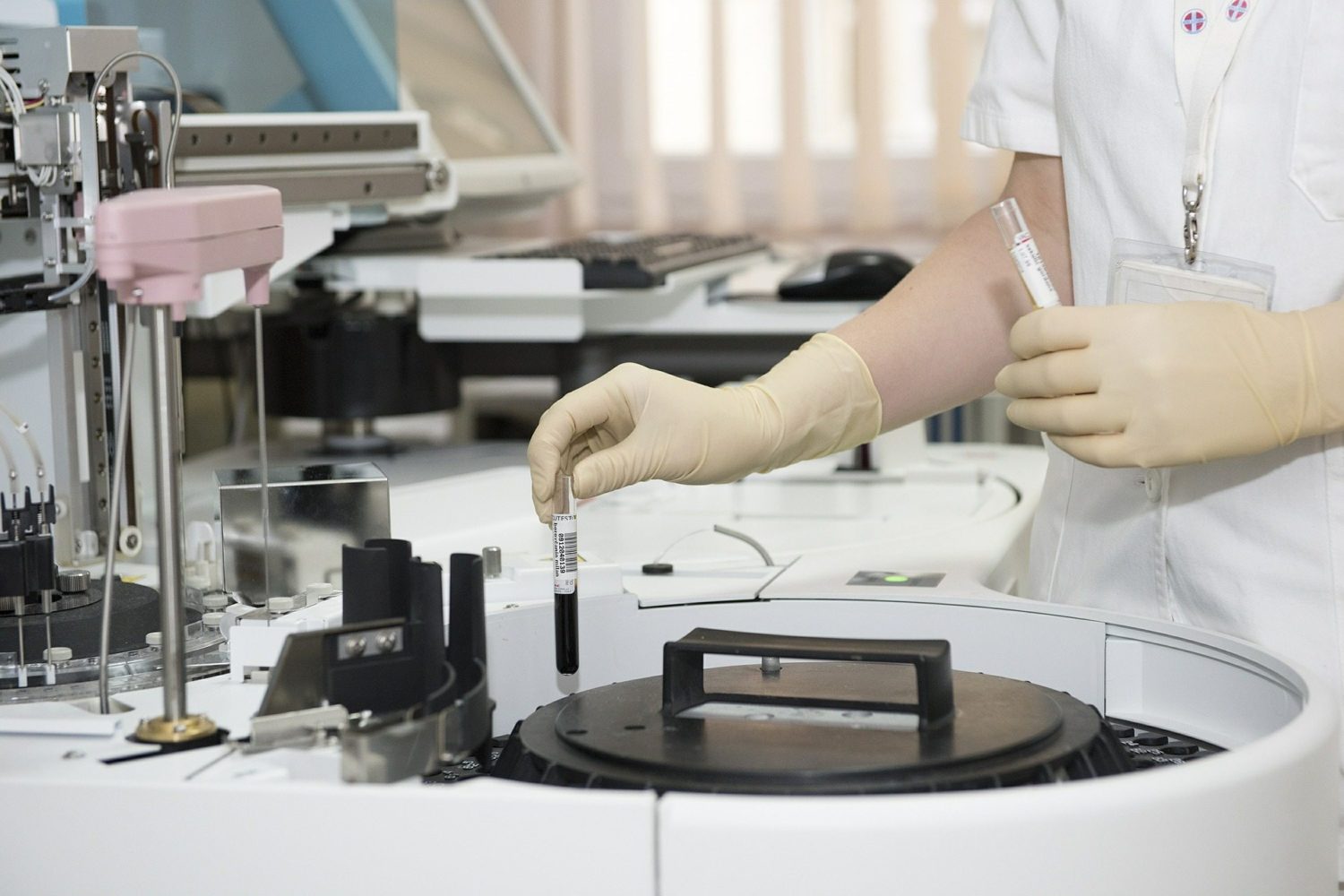
Experimental Psychology: Learn everything about its history
The field of experimental psychology branches out into many various sub-fields and directions with people believing in various things. Even now scientists do not have a clear picture of the connection between the mind and the body. There have been many different attempts to unravel and end the dilemma. Understanding even the majority of the connection and the brain by itself will be a major development in today’s science. The attempt has brought on many big collaborative initiatives with big names like the Human Brain Project coming to mind. Psychology in itself has had a long history and has shaped itself in various ways and directions. To understand it, one needs to look at the first mentions of what we now call psychology from centuries ago.
History of Experimental Psychology
Experimental psychology today is completely different from what the discipline looked like years and centuries ago. Back then we didn’t have the technology and the infrastructure available to us today. The question of mind and body was on the lips of many prominent philosophers. Names like Plato and Aristotle come to mind when the first mentions of the mind-body problem arise. The arguments and debates over free will and determinism and nature vs. nurture take roots centuries ago. These debates are still prevalent nowadays. They turn into years long research projects in the fields of experimental psychology and neuroscience.

Philosophical beginnings: nature vs. nurture & free will vs. determinism
Famous philosophers like Plato, Aristotle, and René Descartes made the first references to experimental psychology. Plato and Aristotle both contemplated the famous nature vs. nurture question. They disagreed on the fundamental point of the origin of what makes us human comes from. Plato argued from the genetic point of view, saying that certain things are a part of our biological configuration. He believed that everything is set in stone from the very beginning. Aristotle, on the other hand, put the emphasis on the nurture side of the debate. He preached that humans are sponges that soak up the information with every new experience and learning opportunity.
Descartes looked at a different question that boggles the minds of scientists and researchers nowadays. He believed that actions and behaviors of people are predetermined and free will in itself does not exist. According to Descartes, pineal gland controls every behavior in the brain. His view formed a very popular belief called the mind-body dualism. The pineal gland being the master gland for all actions was proven wrong at a later point. The free will vs. determinism debate, however, still remains open in the 21st century.
Research into decision making has become one of the hottest topics in neuroscience nowadays. We now have different research studies that show neuronal spiking activity before a decision is made (1). This sparked a lot of controversy in favor of determinism. Many started proclaiming that if there is neuronal activity before a behavior, that means, that all actions are predetermined beforehand. All the philosophical questions are still very present today and experimental psychology tries to answer the questions with various methods. It does so by looking at the problem in hand from various perspectives.
First steps to science
The beginning of psychology as a discipline emerged in Leipzig, Germany. In 1879 Wilhelm Wundt built his first experimental laboratory on the grounds of the University of Leipzig. Wundt governed the term introspection. Wundt believed that by asking subjects to talk in detail about the experience during an assigned task, he will be able to develop a guideline for the consciousness elements. That became the ultimate goal for introspection. Wundt believed that since conscious experiences could be described by people, there was a possibility to explore and observe these experiences and create a map of them.
Nowadays, looking back, the approach that Wundt had was a bit naïve. Despite that, it became the first milestone in creating what is now known as cognitive psychology. Wundt and his colleagues have discovered that there is a difference in realizing that something is happening or sensing it and understanding what that something is or, perceiving it. He noted a time difference between this notion of sensation and perception. Perception seemed to occur later than sensation.
Wundt’s impact on science today

Nowadays, in cognitive psychology, measuring reaction times happening during various mental tasks is a regular occurrence. Scientists try to show exactly which events happen in the brain first and which ones occur later. Researchers are attempting to acquire the answer to the origin of consciousness. They want to unravel where and when the very first series of neuronal spikes occur in the brain with the introduction of a new stimulus. Researchers trace it back to that same question of free will and determinism. They are still trying to figure out what happens first, the behavior or the action itself or a certain event that happens in the brain.
Of course, nowadays, scientists have a lot more advanced tools to measure these time lapses and series of events. Despite that fact, we seem to not be a lot closer to the truth. We are still trying to figure out the truth behind the conscious experiences and the external behaviors and actions.
Functionalism: evolutionary psychology
Another branch of experimental psychology went into quite the opposite direction from what Wundt and his colleagues were doing. It solidified the ground for what later would become behavioral psychology. Behavioral psychology would dominate the field of the entire discipline for quite some time.
The functionalists, as they called themselves, tried to understand why humans and nonhuman animals behaved in the way they do. Functionalism thesis moved onto to what is also known as evolutionary psychology. It quite heavily operates upon the principles of Darwin’s natural selection. The notion that the best genetic components survived and the not useful ones have disappeared over the years. All actions intend to pass our genes on to our descendants with the goal of keeping our species alive.
Evolutionary psychology is still quite a prominent part of the discipline right now. Despite that it poses a slight problem in the face of experimental psychology. Experimental psychology values reliable and valid experiments. Evolutionary psychology experiments are quite difficult to arrange. Because of this, it is not as popular as some other branches of psychology.
Psychoanalysis: what do you dream of?
After Wundt’s laboratory and the waves of functionalism have died off, a new branch of psychology developed. It is the branch that the majority of the population associated with psychology nowadays. Despite the fact that not many practitioners use it nowadays, it is still quite popular.
Sigmund Freud created the psychodynamic approach was created and it focuses a lot on the unconscious. Id (the unconscious), desires, feelings, memories, and dreams are prime targets for psychodynamic therapists. Compared to other branches of psychology this one does not have very reliable results when it comes to proving its theories. Despite that fact, it came as a result of Freud’s observations of his many patients and their behaviors. Ordinary public associates it with clinical psychology and the methods of treatments for various psychological disorders up to this day.
Freud focused a lot on experiences that a patient cannot remember that could result in various disorders and dysfunctions in the adult life. Freud governed concepts like Oedipal complex, ego, superego, and interpretations of dreams. As mentioned above, not a lot of research went into the psychodynamic theory. Sometimes experimental psychology doesn’t consider the psychodynamic approach a part of it. Despite that, the contributions that the psychodynamic approach provided to the discipline still resonate to this day.
Behaviorism
Behaviorism is one of the prime examples of experimental psychology. Behaviorists believe that the true way to study the mind is by the actions and behaviors themselves and they attempt to do so in an objective and a clear way.
Ivan Pavlov and B.F. Skinner are the big names for behaviorism. Their experiments in classical and operational conditioning are popular in classes to this day. The experiments that they did became the premise for behaviorism. This approach understands everything as results of things happening in the environment – stimuli – and the actions that these stimuli produce – responses.
John. B. Watson was one of the famous American behaviorists with his experiments involving fear stimuli. His experiments were highly unethical and would be quite illegal today, but, despite that, they were the ones that brought quite a lot of light into the concepts of learning and developed phobias. Nowadays, the treatment for various phobias comes exclusively from the behaviorist point of view. Clinicians use exposure therapy to treat phobias and are quite successful in curing the majority of them.
Revolution of cognition
After behaviorism, the cognitive approach became popular as well. It did so due to the fact that scientists at that time became more and more interested in the brain and how the brain influences the behaviors that we do. The development of computers was a big step forward. Researchers saw the potential of how the brain is similar to a computer and how they can utilize information technologies in order to measure the brain and see the anatomy and functions and be able to model different events that happen in the nervous system. Cognitive psychology studies mental processes, memory, learning, attention, judgment, language and uses a variety of different methods including eye tracking and both, non-invasive and invasive neuroimaging methods.
Collaboration of all
Overall, the entire field of experimental psychology encompasses many different sub-disciplines and fields. It developed quite a bit from the first laboratory that Wundt created to hundreds upon hundreds experimental laboratories around the world today. Modern state-of-the art machinery and popular technology methods equip these laboratories in an attempt to help objectively study the mind and the body and the relationship between the two.
References
Marcos E, Genovesio A. Determining Monkey Free Choice Long before the Choice Is Made: The Principal Role of Prefrontal Neurons Involved in Both Decision and Motor Processes. Front Neural Circuits [Internet]. 2016;10:75. Available from: http://journal.frontiersin.org/Article/10.3389/fncir.2016.00075/abstract














